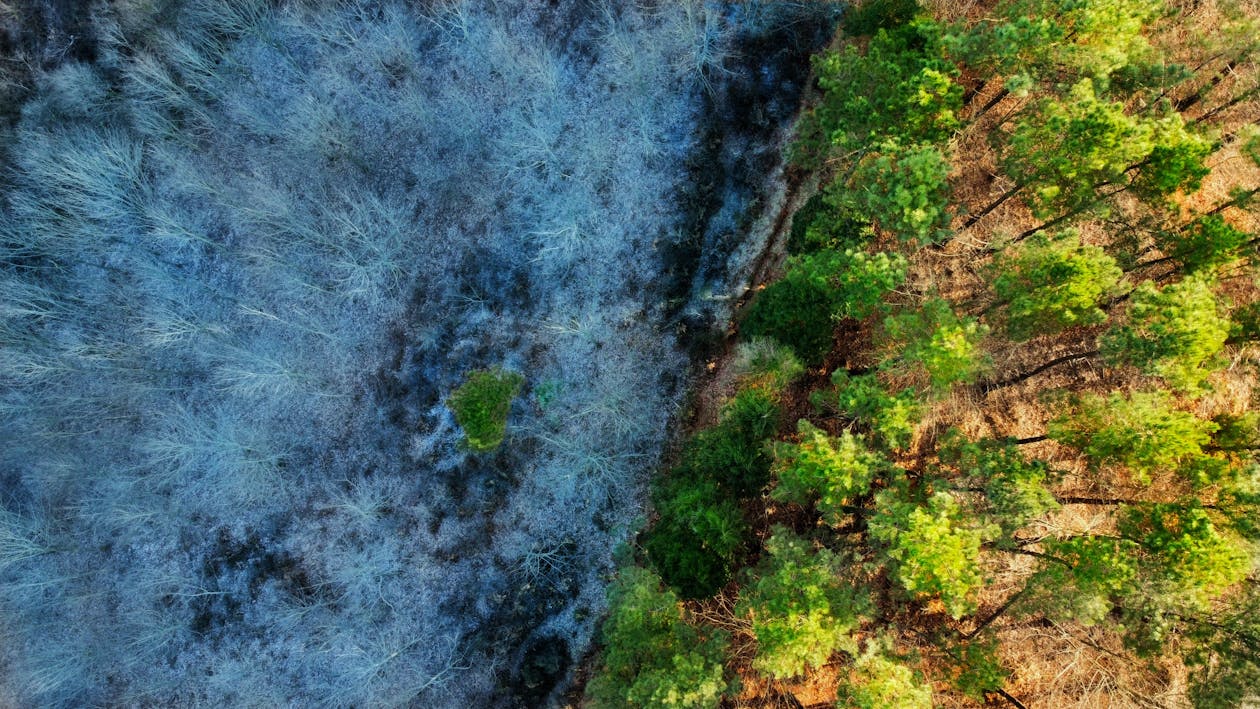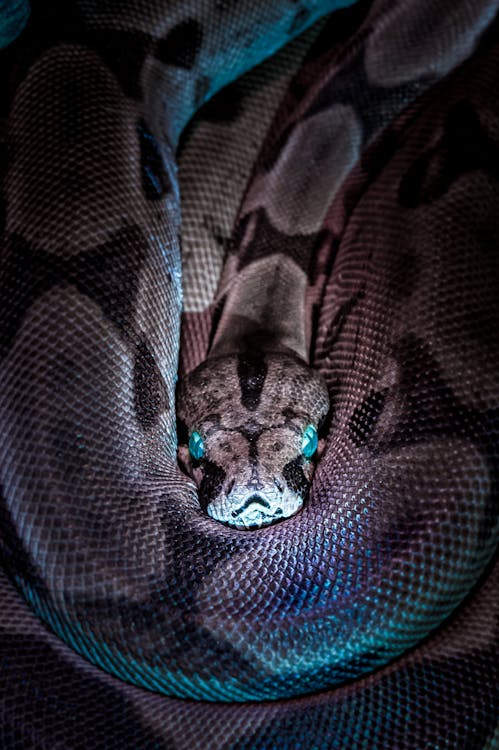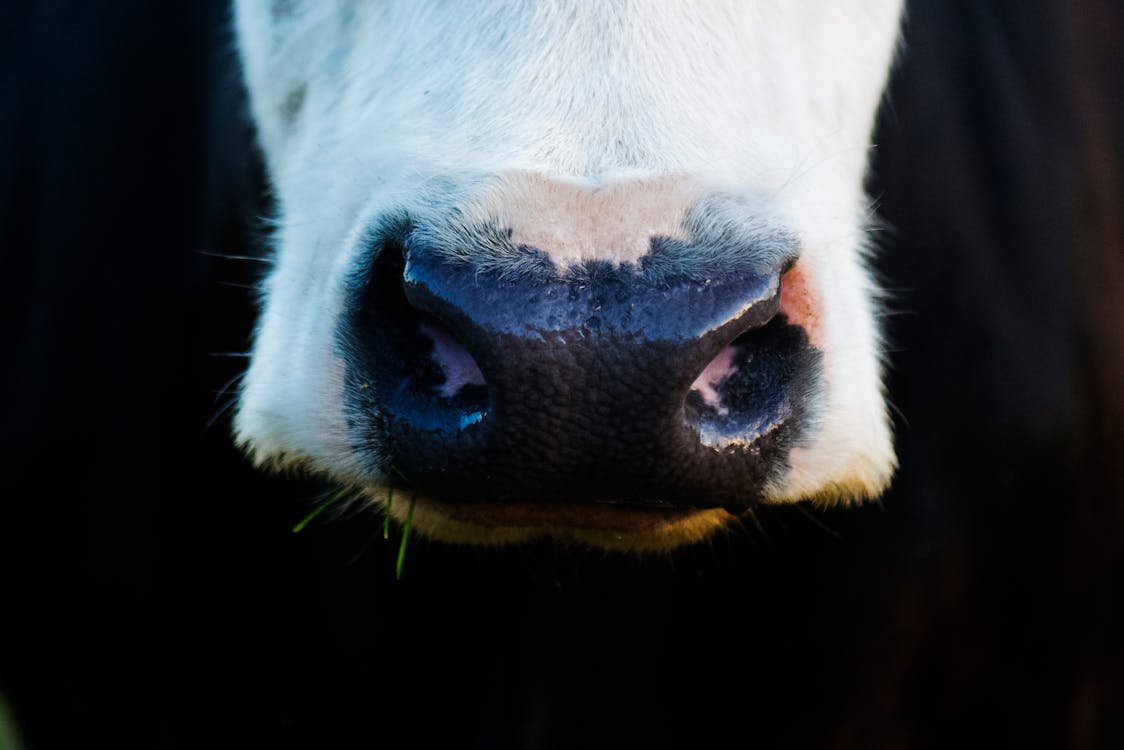 |
| This is the copy of the book I had to get for school. |
Ovid's Metamorphosis is the story of many myths of the ancient Greeks and Romans. He claims that he knows the story, through divine influence, from the beginning of earth to his current time (about 8 AD). Each book is kind of long, and contains many stories, so strap in for the long haul.
In his invocation, he states that he has stories of bodies changed into new forms (hence the title) and that the gods inspired him to write a poem that goes from the very beginning to the time of writing.
Note: My version is translated by Stanley Lombardo and may have slight differences to other translations.
Note #2: There are 15 books so this may take a while... But I need it read by June 29th so maybe not. It just depends on how I want to take notes, either through this blog or in a notebook.
Note #3: Sorry if my verbiage changes from past to present a lot. This is basically my notes for the class and I'm not paying a whole lot of attention to tense.
Origin of the World
 |
| A Redditor's rendition of Khaos |
So, some unnamed god fixed the problem. He (I don't know if the original translation uses male pronouns, but this translation does, so I will too) split the earth, water, sky, and atmosphere and gave them each their own space. The sea kind of decided it was going to settle on earth and envelop her (keep in mind, for the ancient Greeks/Romans, earth was Gaia/Mother Earth.)
Question: Should I do the Theogony as well? It's an in depth story of the creation of everything from the Hellenistic point of view. It's by Hesiod and I have the translation by M.L. West. It's another book I had to read for class.
The god in question decided earth should not be asymmetrical, so he made it into a giant sphere (take that, flat earthers) and told the sea to swell until it "lapped the planet's shores". How you can have shores before having water is beyond me, but to be fair, no creation myth makes sense to me.
This god decided to reign in the winds, as not doing so would allow the winds to wreak havoc on the planet. And he decided to separate the earth into 5 zones, the middle being too hot, the top and bottom too cold, and the other two sections just right.
"The sea allowed itself to swarm with glistening fish" is a hilarious statement to me. Even the sea says consent is important. Anyway, the earth got land animals and the air teemed with flying creatures. But the god decided that wasn't enough. He wanted a smarter, finer creature that could rule the rest, so man was born.
However, Ovid basically states that it happened in one of two ways. Either man was fashioned out of "immortal seed" by the god or Earth was baring seeds of Sky and it was mixed with rainwater and molded into the gods' image. One of the two.
Anyway, Ovid states that while animals stay looking at the ground on all fours, the god wanted man to have an upturned face and told them to "lift their eyes to the stars". Then Earth, who was still without much form, shaped herself for the "unfamiliar figures of men".
The Four Ages
So, first was the Golden age. It was trusting and safe without any laws needed. No one needed protection from anything or anyone. These men stayed in one place. They "knew no shores but their own." There was no military. They didn't need one.
They also didn't have to work. They lived carefree while Earth produced fruit all on her own for them. Men gathered, but it wasn't much work at all. Rivers and streams flowed with milk and nectar respectively. They really didn't need anything else.
 |
| A sharp divide of the seasons |
Next was the Bronze age. These people don't get much in the book, but it says they were "harsher in genius and more ready to arms, not wicked however." That's literally all these people get.
Finally, we get to the Iron age. People were more shameful and veracious. They brought forth treachery and greed, force and fraud. They decided to sail across uncharted seas and expand. They mined for ore in addition to working the fields. They brought war. They kind of suck.
The Giants
This section is very short. Just a paragraph. In it, Ovid says that the Giants of Earth tried to take over the kingdom of heaven by piling mountains Babble style. Well, the gods didn't like this and Zeus/Jupiter sent a lightning bolt and struck Pelion from Ossa. The giants died, but Earth didn't like that. She reanimated them "to preserve the memory" and made them look human.
However, this version of the giants also hated the gods and suffered blood lust for them. They were violent. "You could tell they were sons of blood."
The Council of the Gods
In this section, we learn that the Milky Way is the road the gods travel to get to the royal palace of Jupiter. Anyway, Jupiter had called a council of the gods. He decides that the human race needs to go. He swears he's already tried everything, but mankind is threatening the other demigods, rustic deities, and sylvan spirits and he just can't have that. There's this dude named Lycaon who is even trying to ensnare Jupiter, so of course the others aren't safe.
Lycaon
This is still Jupiter telling the story of Lycaon.
 |
| A vase depicting Lycaon |
Not content with that, Lycaon instead killed a hostage, cooked him, and tried to serve it to Jupiter. As soon as Lycaon set the dish down, Jupiter brought the house down with lightning on "its master and his all-too-deserving household".
Lycaon ran off in terror and let loose a howl in the fields. He tried to speak, but found he could not. He turned his "usual blood lust" against some sheep. His clothes turned into a pelt and his arms into legs. He became a werewolf.
Jupiter says this is enough to damn the entire human population, because if one is this bad, how can we know they all aren't? Jupiter promised a new race, but he needed to destroy the current one.
The Flood
 |
| Neptune causing the flood. |
But his rain wasn't enough for him, so he called on Neptune (Poseidon) to call up the waves and put everything underwater.
Birds fell into the sea with nothing to perch on. Mammals swam, looking for shore. But there was no shore. Most animals drowned, but those that survived slowly starved to death.
Deucalion and Pyrrha
This married couple, Deucalion and Pyrrha, were able to find a tall mountain that stuck out of the water and landed their tiny boat there.
(I keep wanting to put the Greek names, so if you see on pop up I'm sorry, but it's a Roman text so technically I should keep using the Roman names. It's just hard haha)
Anyway, Jupiter saw that these were literally the only two people left and saw that they were pure and innocent. So, he decided enough was enough and told Neptune to recede the waters. So land started cropping up and the two humans mourned in the revelation that they were indeed the last of the species.
 |
| Deucalion and Pyrrha throwing stones. |
With some careful thought, Deucalion realized that an oracle is "holy and never councils evil" that the mother he must be talking about is that of Mother Earth. So, they loosened their robes, veiled their heads, and started tossing stones (Earth's "bones") behind them.
The stones began to soften. The soft parts became flesh. The hard parts became bones. The veins just stayed veins but this time for a human. They were crudely formed at first, but eventually, the stones thrown behind Deucalion became men and the stones thrown behind Pyrrha became women.
(To me, this is a much better story than Noah, where eventually there would have to be implied incest if they were the only family to survive. )
Earth then spontaneously spawns various animals and the seeds begin to sprout. She decides to bring back some of the old animals, but a lot of them are completely new creatures.
 |
| A gorgeous snake |
Another short section...
Basically, a giant serpent named Python, who was half a mountainside long, terrorized the newly made mankind. Apollo (I guess he doesn't have a Roman name?) shot it down, and to make sure his deed would never be forgotten, made a series of sacred games called "Pythian".
Everyone who won would receive a crown of oak leaves, because laurels didn't exist yet.
Apollo and Daphne
In this part, Apollo ticks off Cupid by saying that a bow is a man's weapon and Cupid should not be wielding it. So Cupid, in his anger, shoots Apollo with a love arrow and a nymph named Daphne with an anti-love arrow. And so the chase began.
Apollo, while chasing her, tried to smooth talk his way into her heart. This didn't work. He tried an appeal to the fact that he is a god. Didn't work. So he continues his chase.
Daphne gets to a stream and calls out to her father, asking him, if his stream has any divine power, to remove her beauty. So she's turned into a tree.
Apollo, still infatuated, says that while she cannot be his wife, she will at least be his tree. And he created laurels from her leaves. Kinda weird, but okay. Love makes us do weird things I guess.
Io
TW: Sexual assault. I do censor the word, but it's there. So, if that upsets you, skip to the next header.
Jupiter, unfaithful as he is, was down on earth trying to woo a girl named Io. He told her not to run, and that he could protect her, but she was already running. Eventually, the god had had enough and covered the earth in a blanket of mist and r*ped her.
Juno, his wife, got suspicious of the sudden mist and went down to look for Jupiter after not finding him in the skies. Afraid to get caught, Jupiter turned Io into a cow.
 |
| Cow Nose :) |
Io's father found the cow, and while she could not speak to him, she managed to use her hoof to write out her plight. He was super depressed to find out what had happened to his daughter and the hundred-eyed man took her back to the pasture where he was watching her.
Eventually, Jupiter was kind of upset and sent Mercury to kill the hundred-eyed man and rescue Io.
Pan and Syrinx
Here, Mercury begins to tell the tale.
Syrinx was a gorgeous naiad. She caught the eye of Pan, who wanted her for himself. He chased her and when he thought he had caught her, in his arms was only a bundle of reeds. He sighed, and the breath caused one of the reeds to sound.
Pan liked the sound and dedicated the newly formed instrument of various length reeds bound together by wax to Syrinx, giving the instrument her name.
Mercury ends the tale and looks up to see all hundred eyes have fallen asleep. He quickly grabs his sword and lops off the head. Juno was ticked, taking the eyes and setting them in the feathers of peacocks with "starlike jewels".
Io bellows up to the heavens, begging Jupiter to give her her former shape. Jupiter pleads with Juno to lessen her anger, promising that the girl would never trouble her again.
Juno chills out and Jupiter changes Io back to her bipedal self. Io, afraid her voice will come out as moos again, slowly and carefully pronounces her words.
Phaethon and Clymene
So Io bore a child, probably of Jupiter. And he had a friend, Phaethon, a child of the Sun who wouldn't ever stop bragging about it. Epaphus (Io's kid) shot back and rejected the claim, saying "You're crazy to believe all that your mother says, and you're swellheaded about your imagined father." Fair enough.
Phaethon went to his mom and asked for some kind of proof that his father is who she claims he is. She hugs him and basically says "if he's not your father, and I am lying, may I never face the sun again" or something similar. (I don't want too many direct quotes in here...)
She sends him off to the Sun's house, which he happily goes.
Citations (And Image Credit)
Rubens , Peter Paul . “Deucalion and Pyrrha,” Wikipedia, 1637.
Sams.Wild. “Drone Shot of Trees,” Pexels, 2022.
Smith, Kat. “Close up Photo of White and Black Animal,” Pexels, 2017.
Solis, Virgil. “Le Déluge,” Wikipedia, 1581.
Wikipedia/Public Domain. “An Ancient Greek Vase Depicting a Man in a Wolf Skin, circa 460 BC,” Greek Reporter, 2022.
Shervico. “My Rendition of the Greek God Chaos,” Reddit, 2021, preview.redd.it/01r22ib0jqu61.jpg?width=1080&crop=smart&auto=webp&v=enabled&s=5fd6e99e32eee450a55a2c4723ceeaf95827424e.
Ovid. Metamorphoses. Translated by Stanley Lombardo, Hackett Pub. Co, 2010.
Rubens , Peter Paul . “Deucalion and Pyrrha,” Wikipedia, 1637.
Sams.Wild. “Drone Shot of Trees,” Pexels, 2022.
Smith, Kat. “Close up Photo of White and Black Animal,” Pexels, 2017.
Solis, Virgil. “Le Déluge,” Wikipedia, 1581.
Wikipedia/Public Domain. “An Ancient Greek Vase Depicting a Man in a Wolf Skin, circa 460 BC,” Greek Reporter, 2022.
Shervico. “My Rendition of the Greek God Chaos,” Reddit, 2021, preview.redd.it/01r22ib0jqu61.jpg?width=1080&crop=smart&auto=webp&v=enabled&s=5fd6e99e32eee450a55a2c4723ceeaf95827424e.
Ovid. Metamorphoses. Translated by Stanley Lombardo, Hackett Pub. Co, 2010.
Rubens , Peter Paul . “Deucalion and Pyrrha,” Wikipedia, 1637.
Sams.Wild. “Drone Shot of Trees,” Pexels, 2022.
Smith, Kat. “Close up Photo of White and Black Animal,” Pexels, 2017.
Solis, Virgil. “Le Déluge,” Wikipedia, 1581.
Wikipedia/Public Domain. “An Ancient Greek Vase Depicting a Man in a Wolf Skin, circa 460 BC,” Greek Reporter, 2022.

No comments:
Post a Comment